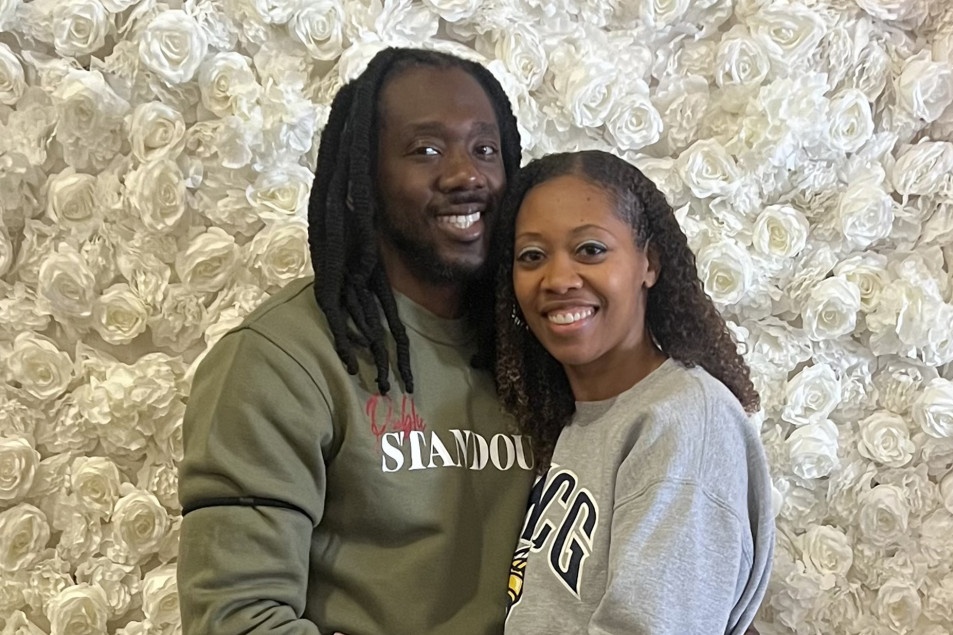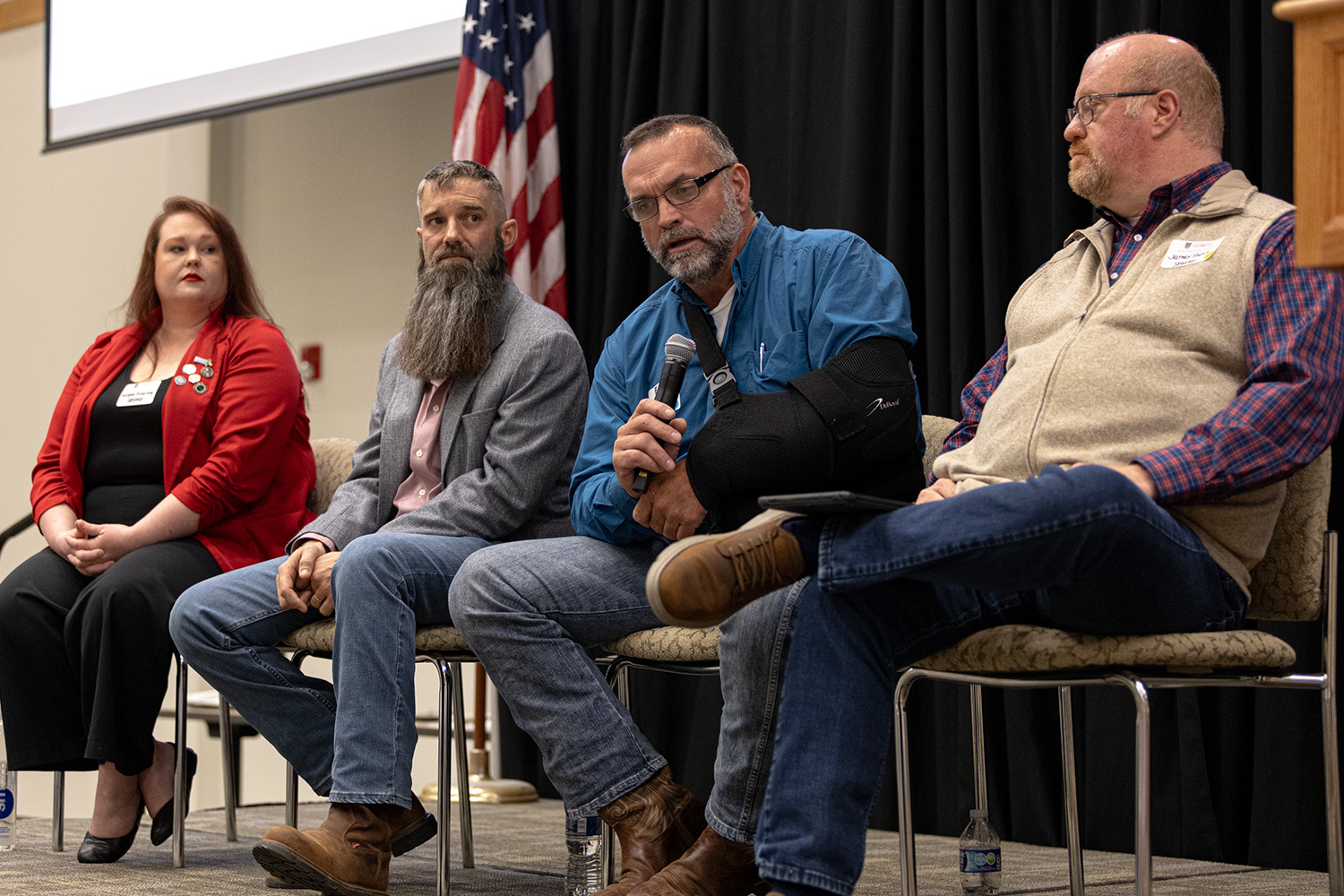Many families struggle when it comes to agreeing about money. It takes time, effort, and effective communication to get on the same money track. If your dollar discussions escalate to shouting matches or come to abrupt halts, it’s time to change your approach.
The goal of communication is understanding, not necessarily agreement. This requires good listening. During a disagreement, do you plan your defense instead of listening? Does your mind wander? Do you tune out if a subject is hard to understand? Listen for key points and ask clarifying questions. Acknowledge everyone’s feelings and priorities without judgment. Sometimes, you just have to accept that you will have different ideas about money. One of the secrets to a happy relationship is not that you always agree, but how you discuss your differences and reach a suitable compromise.
The words you choose and your tone of voice can fuel or diffuse an argument. Certain approaches block communication and often make matters worse. Among these are giving orders or advice, making threats, moralizing, blaming, criticizing, name-calling, and making fun of. Bite your tongue if you find phrases like these spewing forth: “If you don’t stop buying clothes…”; “Your smoking is expensive and disgusting…”; “You can’t even balance the checkbook…”; “You are such a tightwad…”
Did you notice all the “you” messages above? Instead, use “I” messages, which focus on you and your feelings. “I” messages have three parts:
- “I feel…” Make a clear statement of how you feel.
- “When…” Name the specific behavior or event that causes you to feel that way.
- “Because…” Say why the behavior or event upsets you.
Replace “You never record your checks” with “I feel irritated when checks aren’t recorded because I don’t want to pay for a bounced check.” Remember that “I” messages have three specific parts. Simply starting a sentence with “I” doesn’t make it an “I” message. For example, “I think you should pack your lunch to save money,” is not an “I” statement. It is an advice communication block. When having those money talks, combine good communication skills with these steps:
- Acknowledge that a problem exists. Get feelings out in the open.
- Identify the real problem. Money issues are often emotionally charged. Organized, written records give objective information. Be sure the issue is really money.
Discuss only the identified problem. Keep personalities, past complaints, or other problems out of it.
- Brainstorm alternatives. List all possible actions/solutions, no matter how ridiculous. Withhold comments until all ideas are on the table.
- Discuss each alternative and agree on a possible solution. Write it down. A compromise may be the best or only solution, but everyone should feel their wishes were considered. Support the solution. Identify and avoid obstacles. Recognize necessary sacrifices. Whose support do you need?
- Keep communication open while working out the solution. Each person needs to feel understood, appreciated, and loved. Last, schedule regular “money meetings”—even when all is well. Find a place with minimum distractions and include all appropriate family members. Let each one express feelings, wants, and needs without interruption or criticism. People who feel heard are more likely to abide by the decision.
Activity
Make time for a “money checkup” talk. Using the guidelines above, sit down with your partner and have a money talk.
- Who is responsible for managing your household budget and spending?
- Me
- My partner
- Both of us
- Is the current system you are using to keep up with your money working? What would you like to stay the same? What could be changed?
- Are you both satisfied with the way money is being spent?
- What are your financial goals?
- Are you spending and saving money in ways that meet your goals? If not, what changes could be
made?
For more resources, visit healthyrelationships.uga.edu and ElevateCouplesGeorgia.com.










